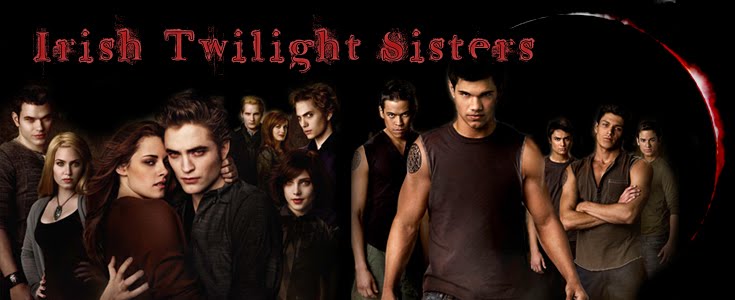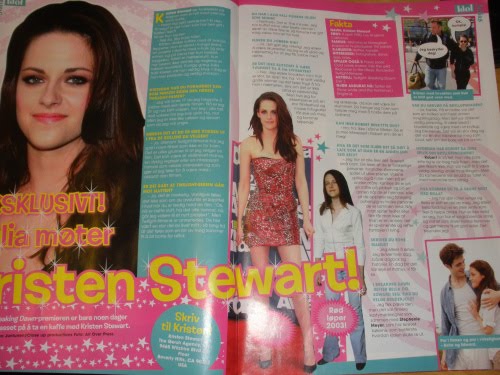This will be your first feature film since 'Dreamgirls' in 2006. I know you did a lot of television since then, but what made you step away from filmmaking for the last few years?
It's the same reason that anyone does, I suspect. I had a couple of movies that I was passionately involved with that I could never get made. Richard Pryor, I wrote for -- gosh -- over a year. That was close to getting made for two-and-a-half years after that. We're still pushing it, you know. It is weird. Suddenly you wake up and it's like, "God, five years have gone by." It's really a scary thing.
Is that what led to 'Breaking Dawn' or did Summit come to you?
They came to me. I was getting ready to do another movie -- and I worked on that for about a year, and some casting and a bit of financing fell out. Suddenly, there was this thing. The one thing I knew about 'Twilight' was that it would actually get made. [Laughs] But more than that, I was actually interested in it; they had come my way once before. So, I read it and thought about it and met with them, got excited about the possibilities and jumped right in. That was like March and we were shooting by November. There was only an outline for a script at that point.
Were you familiar with the books and movies, or did you have to do a crash course before shooting?
The movies -- the movies, then the books. But the movies I knew.
So, during that time when your were reading the books and watching films, did you stumble onto anything in particular that you thought you could bring to the franchise that wasn't done before?
I don't think it was about what hadn't been done before. What I did think was interesting is that these movies are really different, one from the other. Based on the director. And that excited me. It didn't feel as though you were fitting into any template, which would have been as interesting. For me, I was really turned on by the first movie, and how the first half is a real classic Hollywood romantic melodrama -- a kind that doesn't really get made anymore. Soulful and about a women's concerns, which are more interesting to me maybe than a teenage boy's concerns. Then it turned into a flat-out horror movie in the second half. I have a background of that and a love of that. Then the second movie is this epic story that was interesting in another way. It was on a canvas I had never been involved with before. A lot of things added up to make it appealing.
Franchise films have really become appealing to some pretty major filmmakers -- you, Christopher Nolan, Marc Webb, Sam Mendes. Why do you think these big blockbusters, which in the past might have seemed like a producer's medium, attract such talent nowadays?
It's interesting. I don't know. Part of it for me -- and I got a taste of this for 'Dreamgirls' -- is that there is something really appealing about knowing you have a very committed audience. It sort of feels like, right from the beginning, you're in a dialogue with them. I was, literally, on Facebook, but more than that, you kinda know how much people care. There's something exciting on the other end of that. With 'Dreamgirls,' you'd see that kind of buzz in the audience, and a visceral reaction in a theater. That is really thrilling. I've only seen this with a tiny little friends and family group of Twi-hards, and we kind had the same reaction and that was really exciting.




